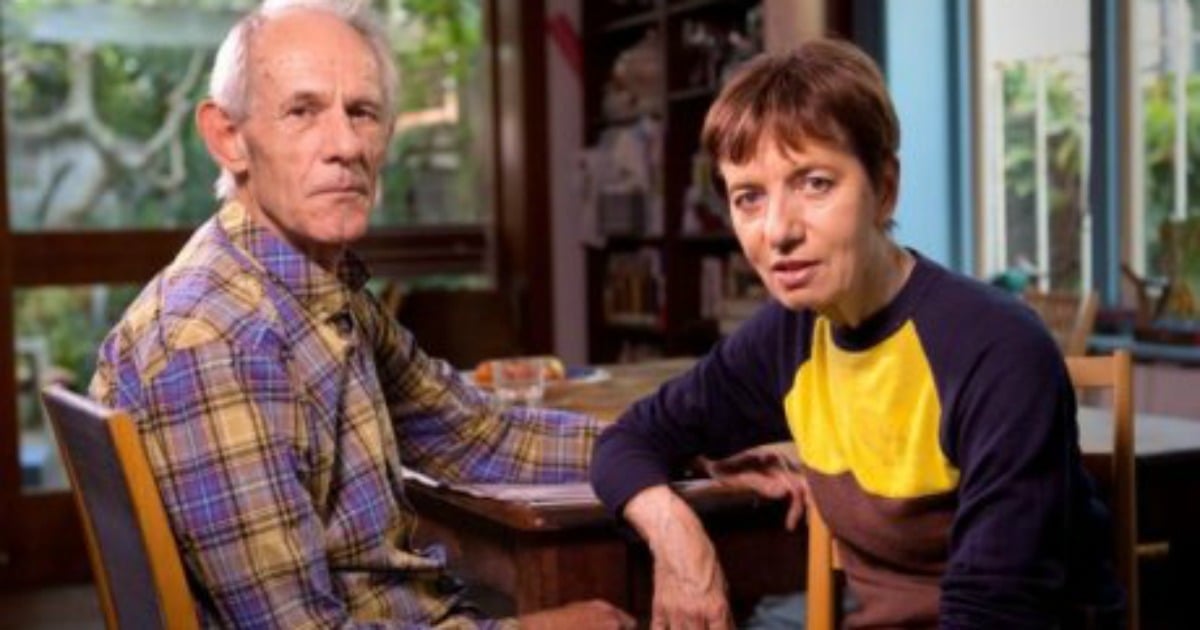
I resigned from the ABC in 2013.
I had been reporting for the Four Corners program for nearly 20 years, and done various stints at triple j, Radio National and Media Watch.
I loved the job but towards the end of my time at Four Corners I found myself increasingly tired and stressed. It was time to move on.
I was now looking forward to getting fit and healthy in my new stress-free existence. But it wasn’t to be.
Eighteen months after I left, I was diagnosed with Parkinson’s disease.
I knew virtually nothing about it. To me, Parkinson’s meant a bad tremor, an awkward gait and difficulty with handling small change.
I’ve since learned it’s a complicated disease of the brain that can have different effects on different people.
For me it’s meant pain and panic attacks.
Googling the symptoms
Parkinson’s disease has had a devastating effect on my life. It’s made me physically weaker, more vulnerable and self-conscious.
Now I could no longer go body surfing every Sunday morning with my friend, Ann. For many years, we had swum, whatever the weather or surf. But now my legs had inexplicably lost the capacity to thrust me through the water, and I no longer felt absolute confidence in my ability to handle strong waves.
Once I was diagnosed, some of these changes made more sense, but I felt I was no longer the person I used to be, my sense of self had diminished.
This is a very hard story for me to tell because it involves exposing my current condition to a public audience.
